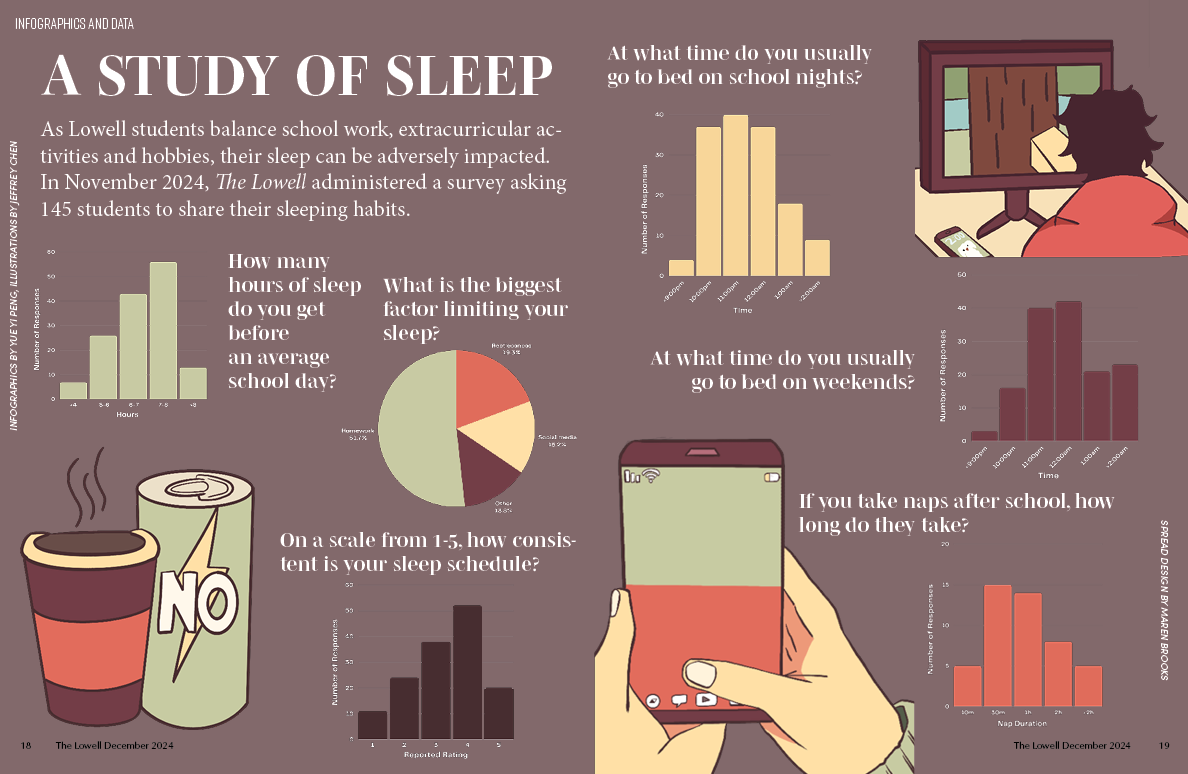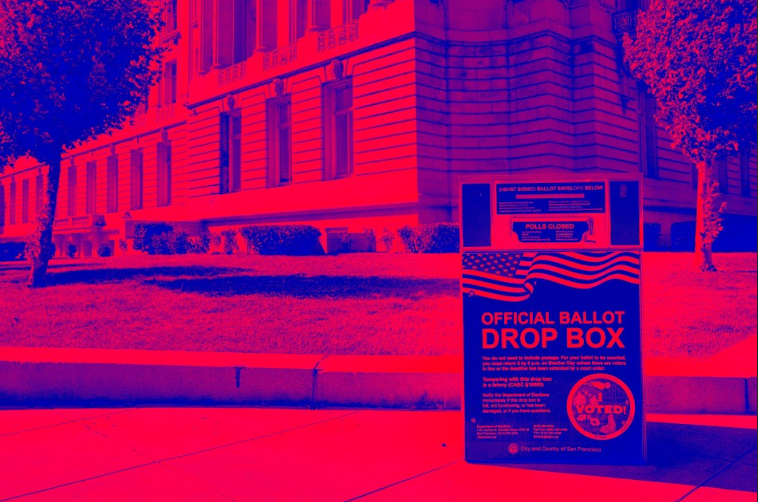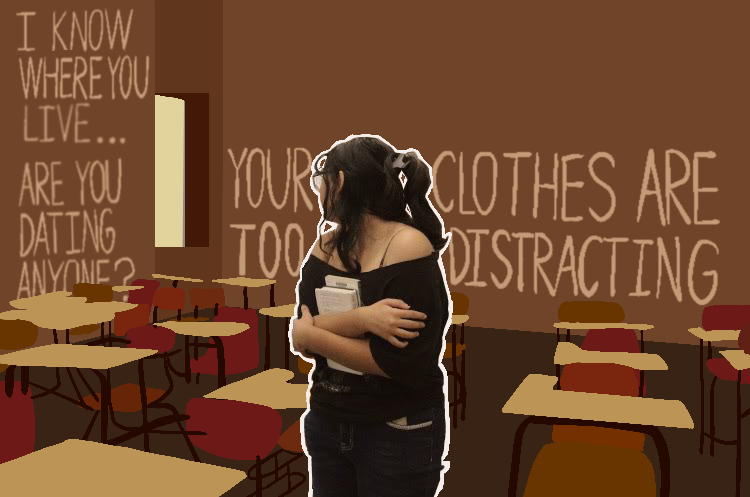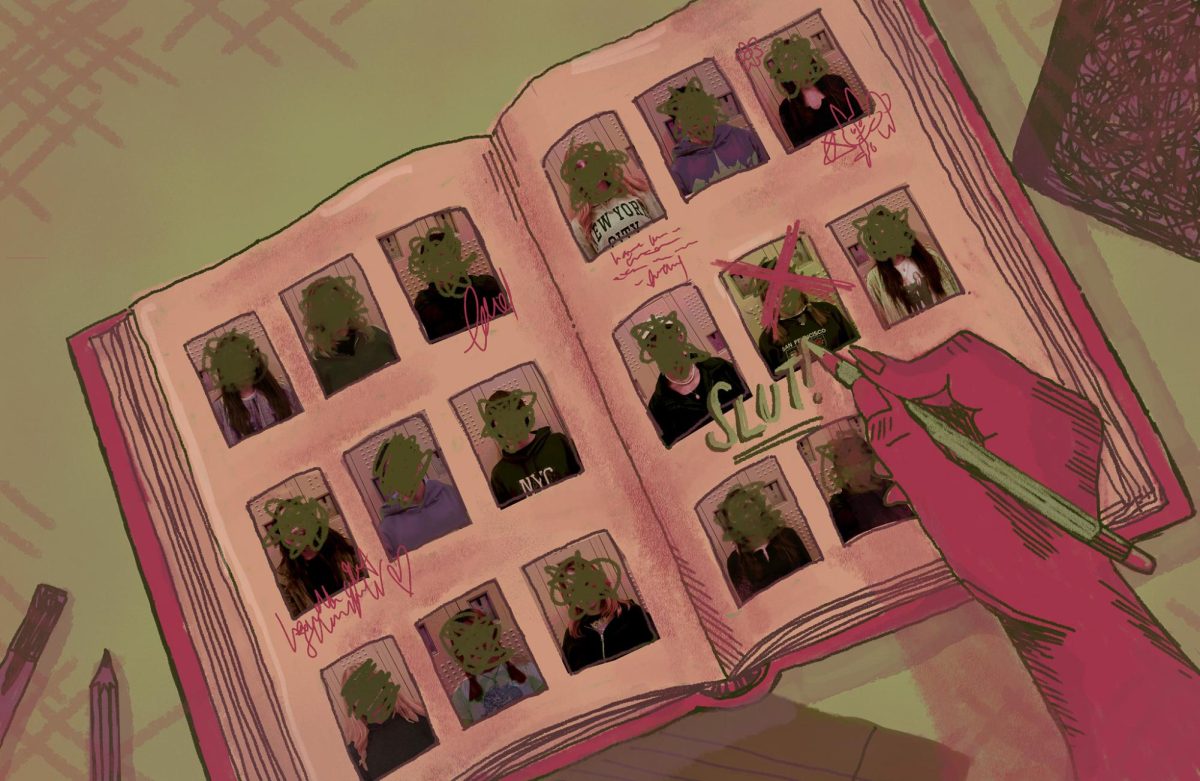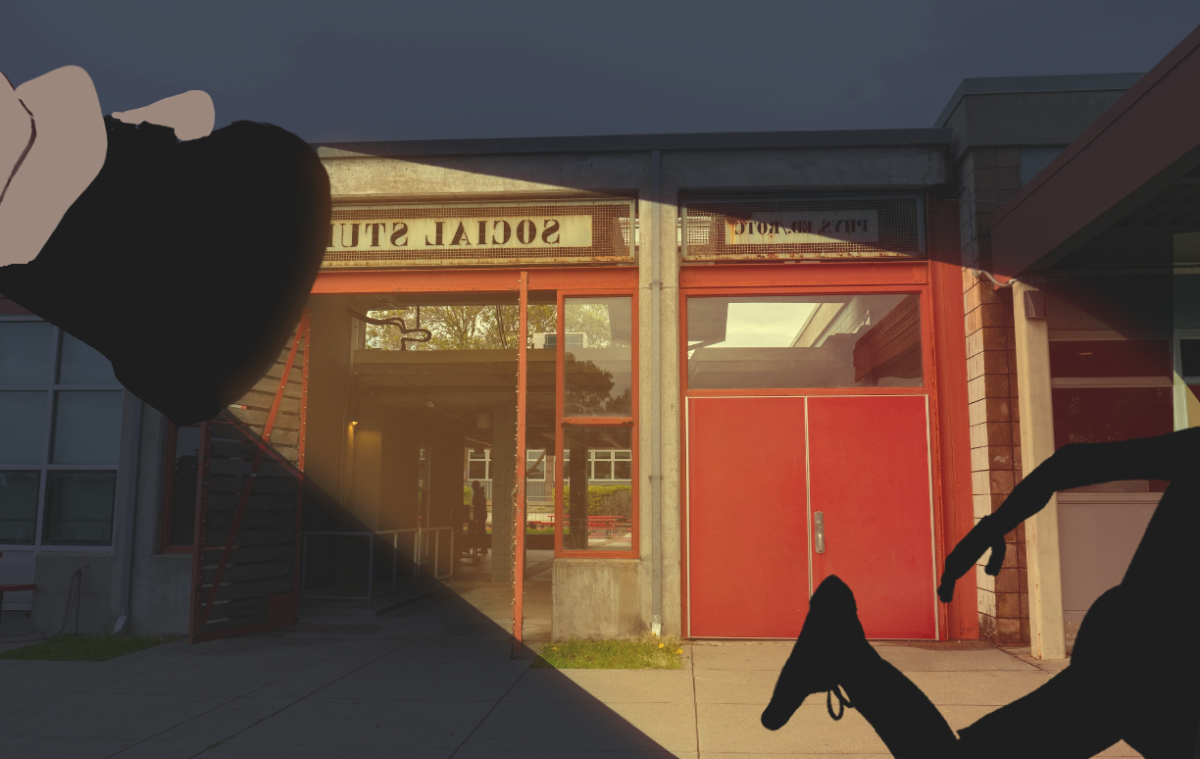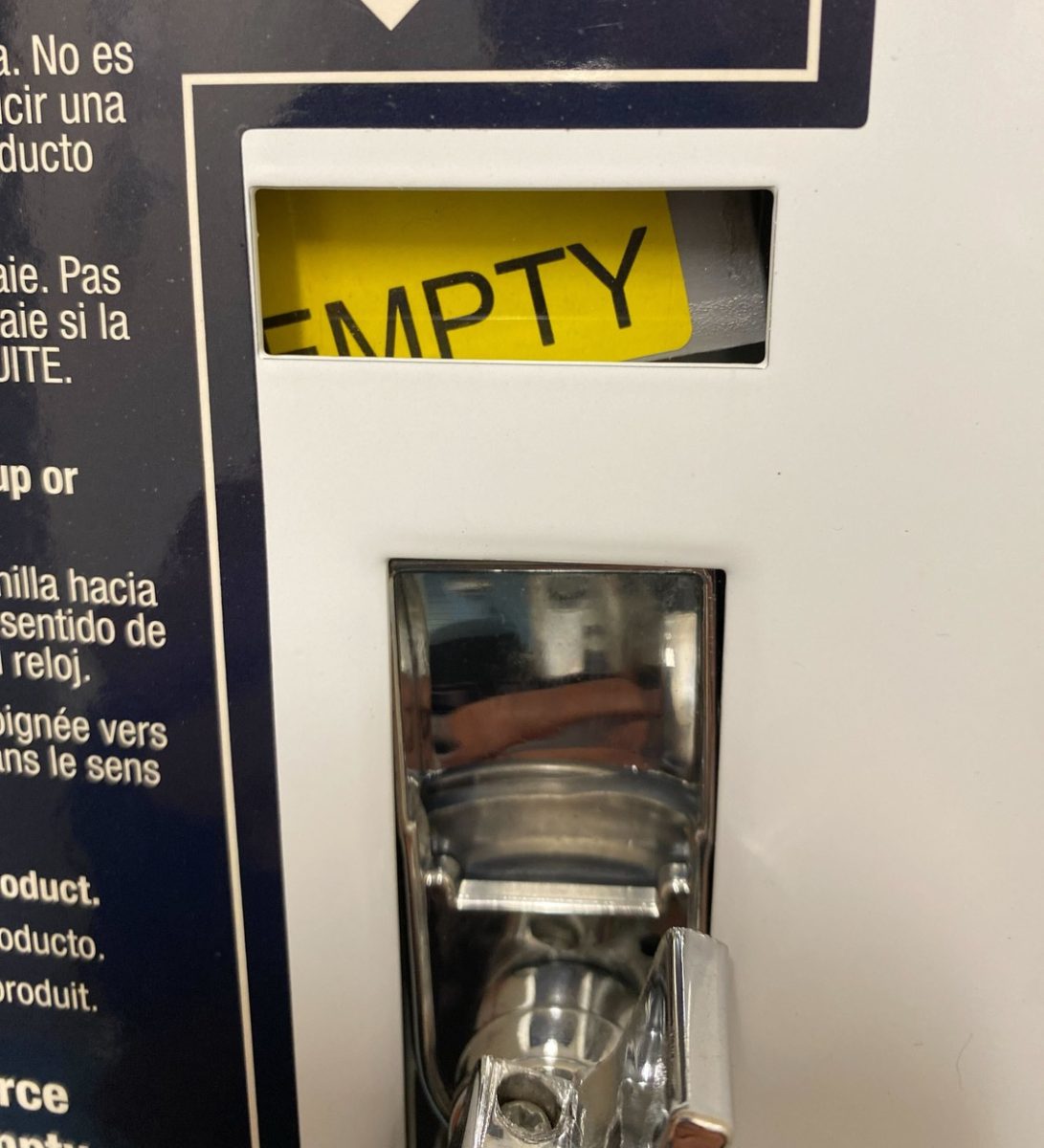Originally published on May 27, 2015
The sound of students in a heated discussion resonates from a classroom, and as you approach the door, snippets of a conversion in a melodious language become clear. You would expect the voices to be those of the few outspoken students out of about thirty. However, a peek inside the classroom shows you that the few voices overheard belong to the only four students and a teacher in the room.
“I’m kind of sad about it because others won’t get the same opportunity I did to take such a unique class at Lowell.”
Unfortunately, these highly involved and diverse conversations will soon come to an end, because the school will be cutting Hebrew 1 from its extensive selection of foreign language classes next year, according to Hebrew teacher Batia Horsky. Students currently taking Hebrew will be allowed to continue their studies for one more year, but it will no longer be offered for incoming freshmen.
Horsky came to the decision to discontinue the Hebrew 1 class in the 2015–16 school year for several reasons. According the the head of the language department, Xiaolin Chang, the school has never funded Hebrew. Various foundations, such as the Lowell Alumni Association and the Richard and Rhoda Goldman Fund, have kept Hebrew afloat. The Richard and Rhoda Goldman fund, established by Jewish philanthropist Richard Goldman and his wife, was a huge supporter of the classes, and ever since the fund closed its doors after Goldman’s death in 2010, Hebrew classes have been scrambling for donations.
If Hebrew classes were to only continue for one more year due to insufficient funds, students taking Hebrew 1–2 would have their progress cut off and would not have fulfilled the language requirement. “It’s not open for first year students, because then we have to commit for another three years,” Horsky said. “What happens if we don’t have the funds?”
“It’s not open for first year students, because then we have to commit for another three years. What happens if we don’t have the funds?”
Because of the already small number of students taking the class, the four levels of Hebrew are split into two classes. Hebrew 1 and 2 are combined into one block, and Hebrew 3 and 4 are combined into another. Even then, only 4 students are taking Hebrew 1 and 2, and 11 students are taking Hebrew 3 and 4, according to junior Zoe Fox.
Throughout the eight years that Horsky has taught at Lowell, she has been able to personalize each students’ coursework because of the small number of students in each class. “I know every student,” Horsky said. “I know their difficulties and I know what their strengths are. I really cater to their style of learning.”
“I’m kind of sad about it because others won’t get the same opportunity I did to take such a unique class at Lowell,” Fox said. Fox recalls a class in which two Israeli soldiers came in for Yom Hazikaron, Israel’s Memorial Day. One of the soldiers was from Ethiopia, and she had walked to Israel in order to be a part of the Jewish homeland. The other, who fought in the Israel-Gaza conflict, lost comrades when his unit came under attack in a hospital, according to Fox.
“I want them to leave Lowell with a great experience with Hebrew and carry it with them for the rest of their lives.”
Although it’s likely that Hebrew will no longer be offered for incoming freshmen, Horsky is still optimistic about her current students. “I want them to leave Lowell with a great experience with Hebrew and carry it with them for the rest of their lives,” Horsky said. “I don’t care if they know one more word or one less, if they know perfect grammar or not. I want them first of all, if they are Jewish, to be proud of their Jewish heritage, and if they’re not Jewish, to have a very positive learning experience and at least be proud that they chose Hebrew.”



